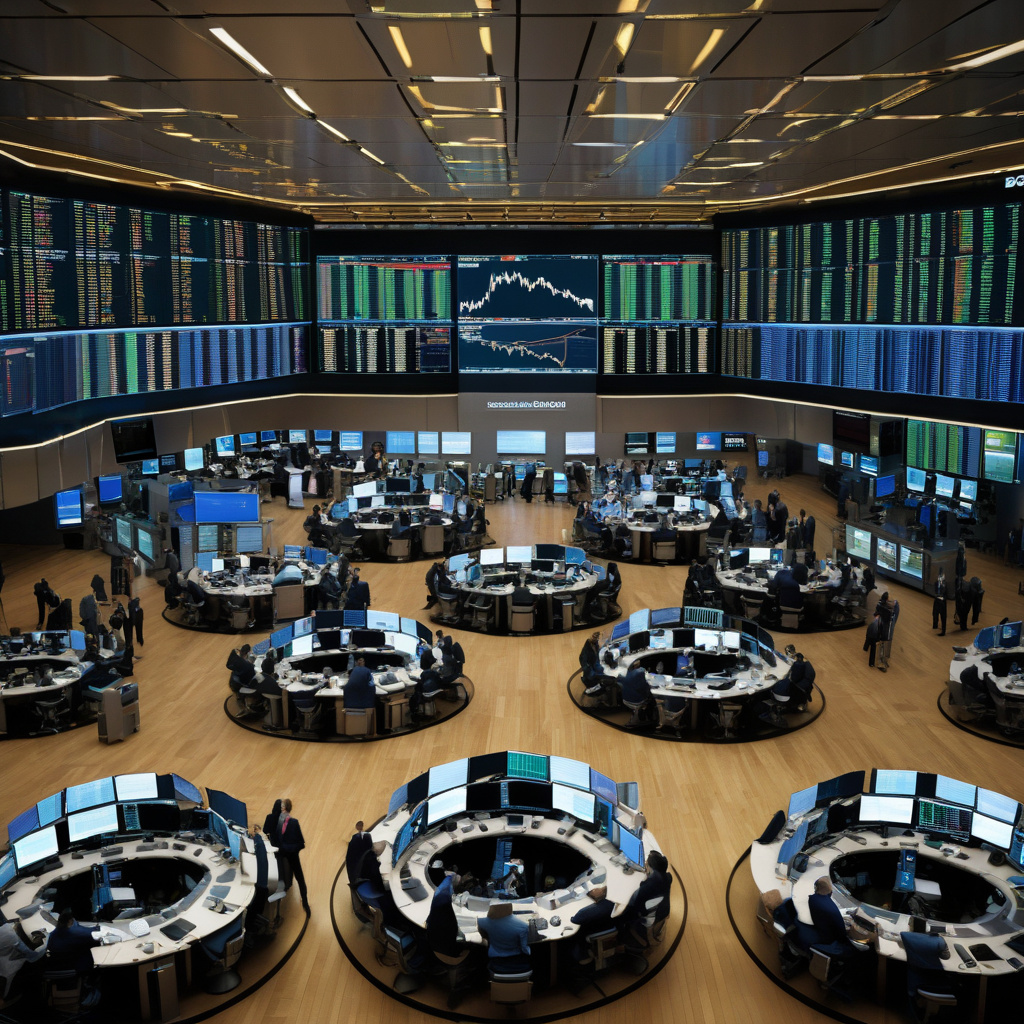The Impact of Lower AI Costs on the European Stock Market
In recent years, the European stock market has shown signs of recovery and resilience, with the tech sector playing a significant role in driving this resurgence. One of the key catalysts behind this rebound is the Jevons Paradox, which posits that as technological efficiency increases, so does the overall consumption of that technology. This phenomenon has been particularly evident in the field of Artificial Intelligence (AI), where lower costs have the potential to fuel a new tech boom in Europe.
The rapid advancement of AI technology has led to a significant decrease in the costs associated with its development and deployment. As a result, more companies across various industries are now able to leverage AI to optimize their operations, improve decision-making processes, and enhance the overall customer experience. This increased accessibility to AI solutions has not only democratized the technology but has also opened up new opportunities for businesses to innovate and gain a competitive edge in the market.
One of the primary ways in which lower AI costs are impacting the European stock market is through increased investment in AI-related companies. As the demand for AI solutions continues to grow, so does the value of companies that are at the forefront of developing these technologies. Investors are recognizing the potential for significant returns in this sector and are pouring capital into AI startups and established tech firms alike. This influx of funding is not only driving the growth of individual companies but is also contributing to the overall expansion of the tech industry in Europe.
Furthermore, lower AI costs are enabling small and medium-sized enterprises (SMEs) to adopt AI technologies that were previously out of reach due to prohibitive expenses. By implementing AI-driven solutions, these companies can streamline their processes, boost productivity, and gain insights that were once only accessible to larger corporations with substantial resources. This increased efficiency and competitiveness among SMEs are translating into stronger financial performance, which is reflected in the stock market through higher valuations and increased investor interest.
The Jevons Paradox further amplifies the impact of lower AI costs on the European stock market by stimulating greater demand for AI-powered products and services. As businesses experience the benefits of AI firsthand, they are more inclined to integrate these technologies into their operations and seek out new applications for them. This cycle of adoption and innovation creates a self-reinforcing loop where the more AI is utilized, the more indispensable it becomes, driving up demand even further.
In conclusion, the convergence of lower AI costs and the Jevons Paradox is reshaping the European stock market and propelling it towards a new era of technological advancement. As companies across the continent continue to embrace AI and unlock its full potential, we can expect to see further growth in the tech sector, increased investment activity, and a wave of innovation that will redefine the business landscape in Europe and beyond.
LowerAICosts, EuropeanStockMarket, TechBoom, JevonsParadox, AIInnovation
